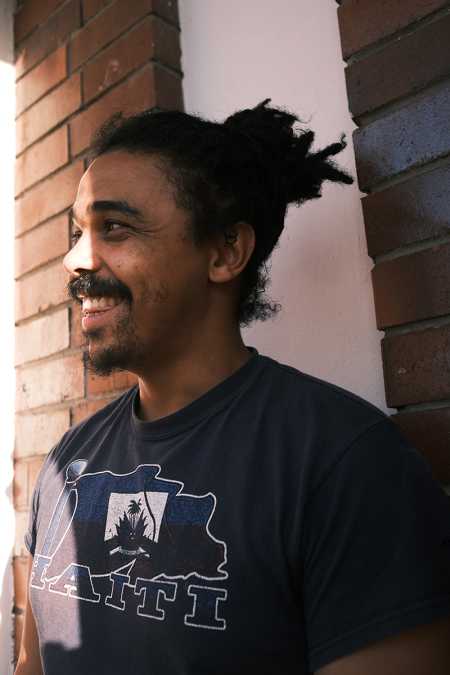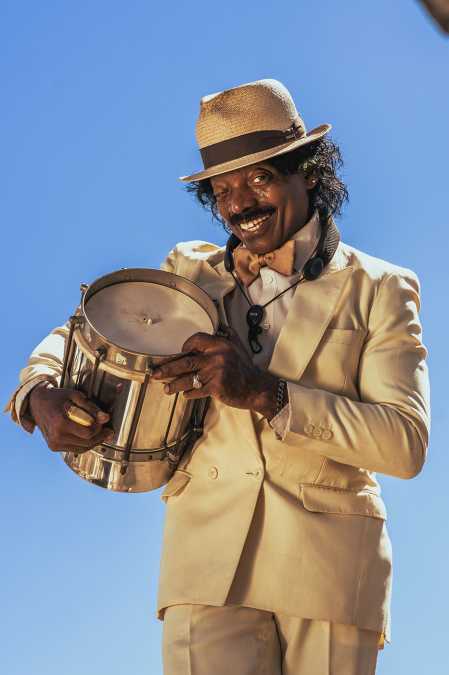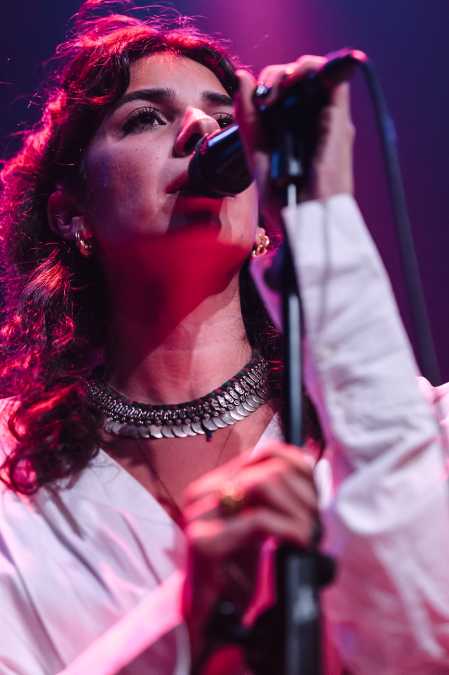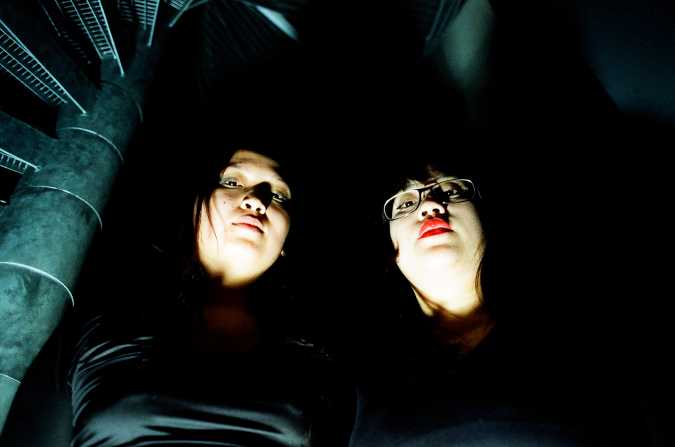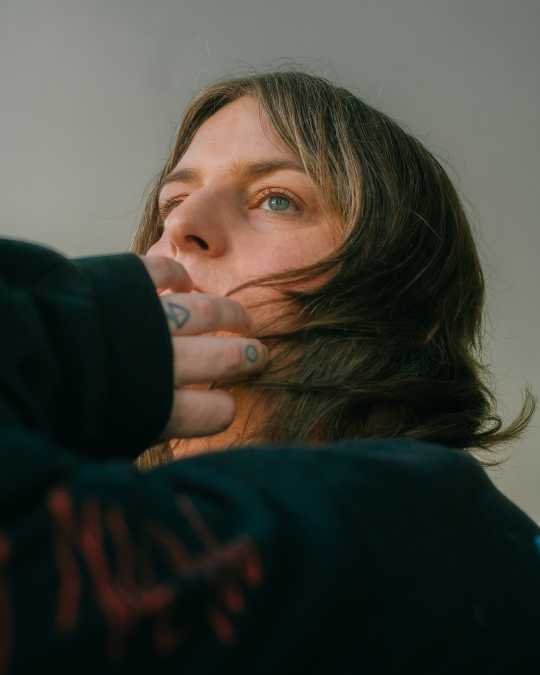COSMOS: Behind the Scenes with Oroko Radio
In 'Behind the Scenes', COSMOS dives into local stories from across the world together with our global partners.
Within the first two years of their existence, Oroko Radio has come from a beautiful idea to a globally renowned fixture in independent broadcasting, connecting the dots between Accra, Berlin and beyond. Following their 2023 COSMOS Embassy, Berlin-based writer Aaron Gonsher spoke with Oroko Radio co-founder Kikelomo, their Head of Community Operations Jinan, and Accra native Ansah from the All My Cousins crew about Oroko Radio's incredible run so far.
Words by Aaron Gonsher
Photography by Komla S. Darku, Araba Ankuma & Mina Idris
The seed that blossomed into Oroko Radio was first dispersed in Accra, Ghana during simultaneous trips to the city by Kikelomo and Nico. Kikelomo, born in London and living in Berlin, hadn't coordinated the trip with Nico, the co-founder of Berlin's Einhundert party series and himself based between Accra and Berlin. But while spending time together in Accra in the winter of 2021, they recognized that their respective creative and social circles overlapped in the city’s nascent community of electronic music heads.
Those connections became the basis for Oroko Radio's meteoric rise and ongoing impact. An independent, not-for-profit internet radio station, today Oroko Radio has more than 280 residents and established itself as a significant platform for African and diasporic creative communities – beaming in from across the continent and beyond.
Taking its name from an alternate spelling of the Yoruba word "Àrokò," which refers to a pre-colonial West African method of nonverbal communication using everyday items, Oroko Radio's efforts proceed from core values of conversation, collaboration, and community. From the first beat, Kikelomo and Nico knew that Oroko Radio should stand for something different from mainstream club culture in Ghana, and they brought their personal histories with radio to the fore. For Kikelomo, that meant the general influence of broadcast culture in the UK, as well as her personal experiences with radio, whether volunteering at a hospital's radio station, hosting a student radio show during university, or holding down a residency at Cashmere Radio in Berlin. "I experienced firsthand just how instrumental these places are in terms of not only development as artists, but developing communities, " she says.
"We had the idea and just went full steam ahead to try and get the platform together: the logo, visual identity, website, in the space of six months," Kikelomo says. "We announced in October 2021, did a few supplementary activities to engage with our community, and then started broadcasting in January 2022." Kikelomo and Nico were joined as co-founders by Naëmi Ada and Truseye, though neither are still actively involved. Now, the team is supported by Jinan Vyent, Oroko Radio's Head of Community Operations, who manages the schedule, site, and internal communications with residents. Their colleague Ben is based in Nairobi and prepares the broadcasts. But from the beginning, they had lofty intentions. In previous interviews, Kikelomo highlighted how Oroko Radio aimed to provide an avenue to dispel misconceptions about what it means to be African, taking advantage of a global network and reach to create more opportunities for local artists in Accra and beyond.
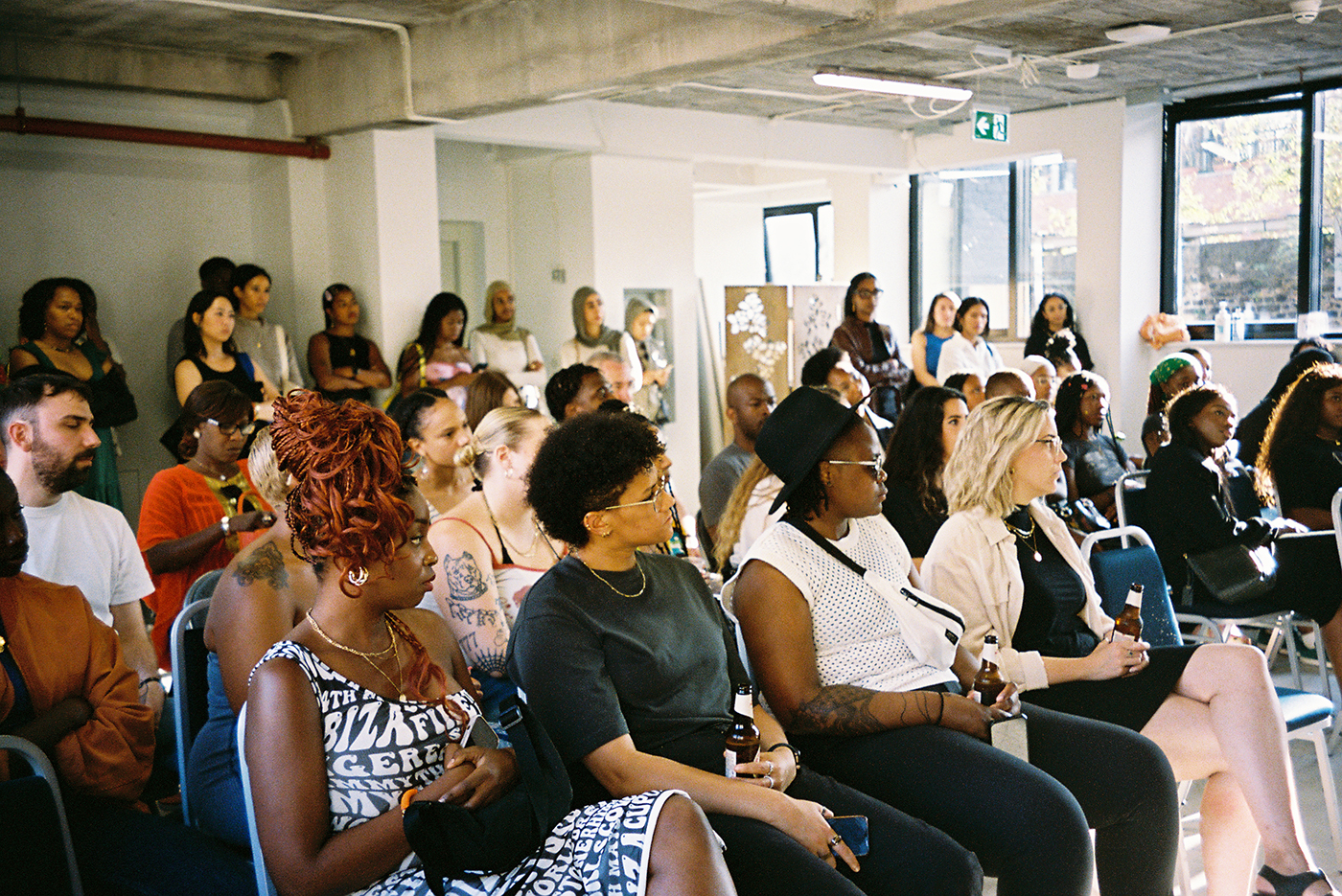
Radio in Ghana has traditionally been an instrumental tool for connecting remote communities, or for whiling away the time stuck in your car during Accra's notorious traffic jams. But Oroko Radio wanted to provide a space for artists who made and played music outside of the sounds traditionally associated with Ghana or more broadly with Africa, such as Afrobeats, amapiano, or highlife. Kikelomo shouts out Tommy WÁ, a Nigerian based in Accra who makes folk music, as one such artist, as well as All My Cousins, a collective that "dabbles across the electronic spectrum." Ansah of All My Cousins also noted that "traditional radio wasn't really (and it still isn't) catering for anything that isn't raking in instant cash and so that was never a home for the majority of the local creative community… I also wasn't much of a fan of the conversations that were going on on traditional radio. They were stale: same voices, same stories, same experiences." Oroko Radio became a home for the kinds of artists whose music didn't get the same distribution and attention as traditional radio in Ghana, including people like the recently-deceased DJ Katapila, who Kikelomo also mentions as a pioneer of Ghanaian alternative sounds. In another distinction from Ghanaian FM radio, Oroko Radio was a not-for-profit, and only available on the internet. But it's the community aspect that is Oroko Radio's true priority.
There's been no shortage of those IRL elements since Oroko Radio launched, though the group had to work on developing trust with the local creative communities. There's often a general suspicion of initiatives like Oroko Radio, especially in Africa, in terms of how it actually, actively supports the locals. It's one thing to benefit from the international platform provided by co-founders like Kikelomo and Nico, but organizations take care to avoid prioritizing international opportunities and attention at the expense of people on the ground. "We had some issues just before we launched with some people suggesting that our intentions weren't true," says Kikelomo. "But I think at the end of the day there wasn't really any evidence for it. One of the things we have to learn when it comes to whatever you do that involves community or publicity, there will always be skepticism. I think actions are really important." A persistent commitment to focusing attention on residents ended up making the biggest difference.
"One of the things we wanted to be conscious of, was it not just being a bunch of privileged diaspora friends or, you know, people from various classes or whatever. So taking the time to, for example, not just advertise on social media, but print posters and engage in that way with the communities that we wanted to intersect with. There has been a very long history of exploitation, particularly in the creative industries, on the continent. And sometimes that can come from people like us, diasporas who have connections and roots in the country but have the privilege to jet to other places on other passports. I think, fairly, people can be skeptical of intentions. We had to build trust and show through our actions and not through our words that Oroko Radio and we were really about community. Basically, if we win, everybody wins."
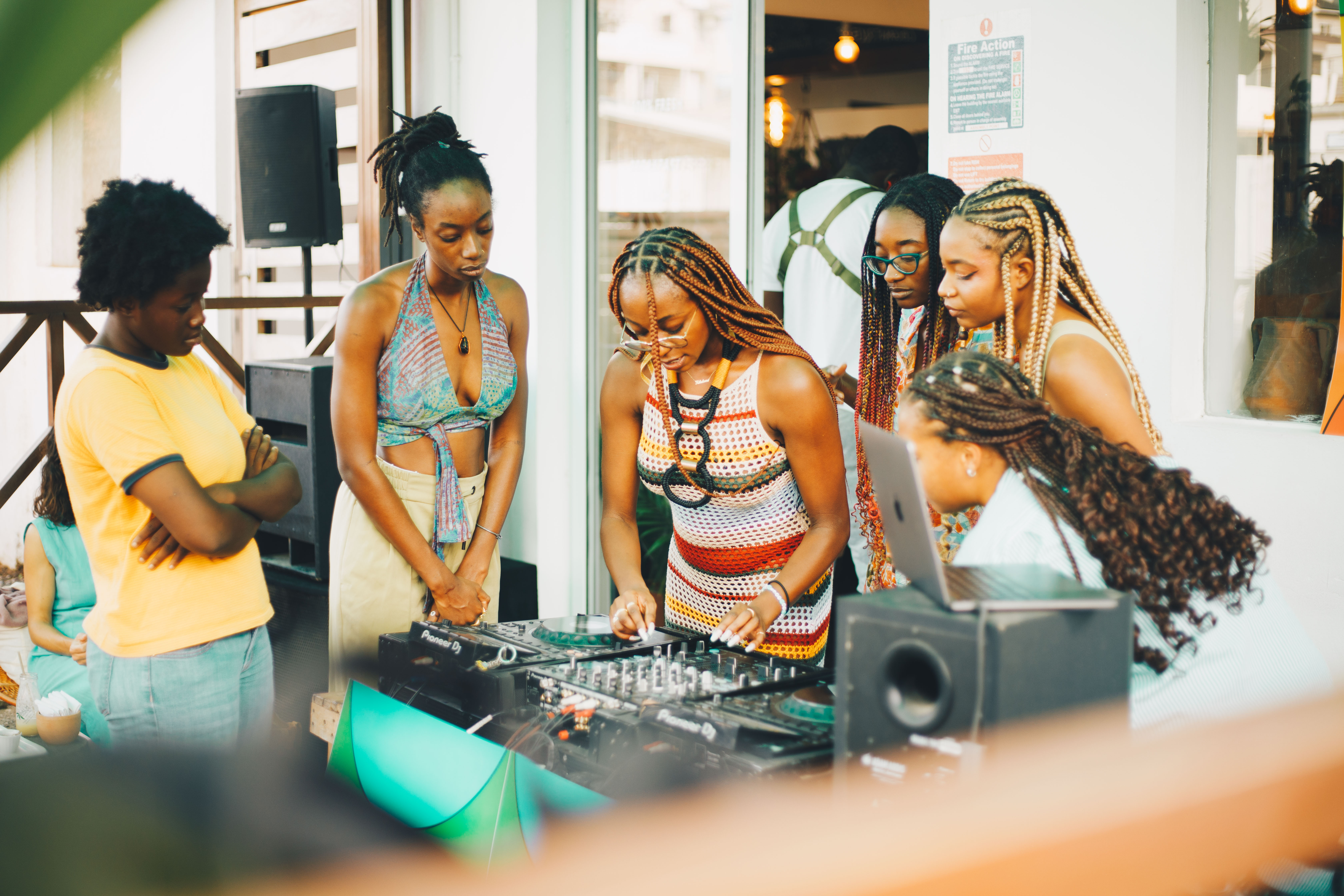
The wins have piled up so far. A party series called Steady Signal, which actually predated Oroko Radio, became a kind of canary in the coal mine for garnering local interest in the alternative electronic sounds that Oroko Radio would send out into the world. Oroko Radio hosted DJ workshops, sponsored by Resident Advisor, and a pop-up DJ school, in collaboration with WATWXM? (Where Are The Womxn?) with support from Pioneer DJ. "Most of the DJs that we've put on from that cohort are now regulars in the nightlife scene, earning money, platforming themselves, getting international opportunities to play," says Kikelomo.
Oroko Radio also collaborated with the Montpellier-based radio station Piñata for a series of showcases, joint broadcasts, and panel discussions, and hosted a listening session with Ragz Originale at Berlin venue KWIA along with a demonstration on dubplates from the locals Disc Archive. They've put on regular collaborations with the Amsterdam-based clothing company PATTA, and have received support from multiple other brands. There was even an Oroko Radio Boiler Room broadcast from the Surf Ghana skatepark, which featured established Ghanaian acts like the Masked DJ. But community, collaboration, and support remain paramount, regardless of brand involvement. Kikelomo highlighted Surf Ghana, who operate a studio in Accra called Vibrate. In January of this year, they hosted a masterclass all about community: "What is the state of the community in Accra at the moment, and what do we need to continue to bolster it?" as she describes it. "Looking at how everyone benefits from a strong community and leaning on one another." As Jinan Vyent describes it:
Ansah from All My Cousins echoes this feeling of connection-through-radio: "I think just reaching out and saying you're an Oroko Radio Resident makes you a lot connected. Other residents kind of relate to you as family at that point and help you navigate things when you find yourself in an environment you are not familiar with."
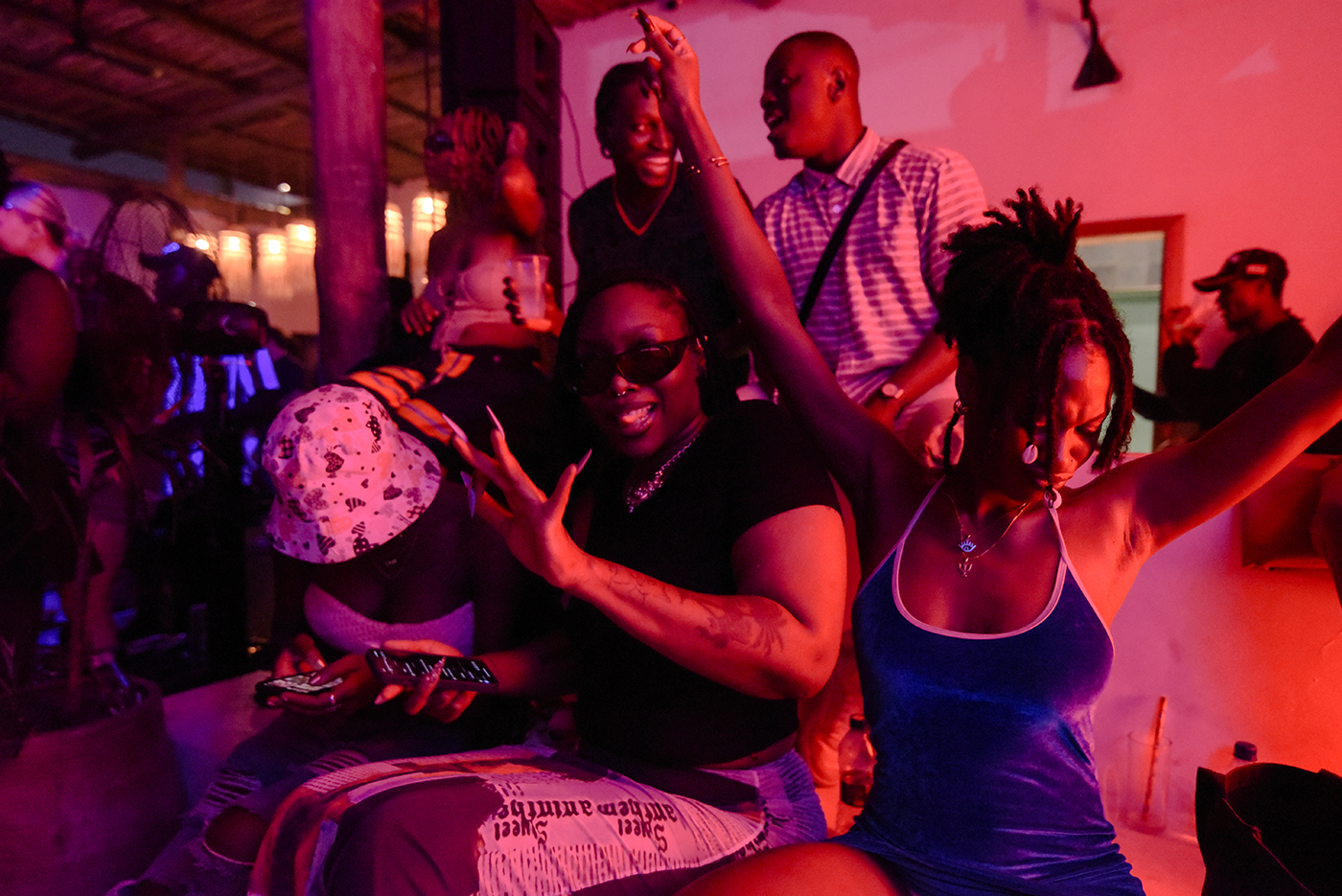
Kikelomo and her peers find solace and support through their participation in the project of getting more Ghanaian artists international attention and opportunities, without neglecting locals. In describing that scene, Kikelomo mentions that: "I wouldn't say it's in its infancy, but definitely more adolescent… There's a lot of incredible collectives and communities that are coming up, engage with one another and book one another. There's Weird Cult, which is another creative platform run by one of our residents, Mood Swings. There's OFG, which is an all-female DJ collective. There's Aphrodite & Friends, which is also geared towards the queer community in Ghana.
For now, Oroko Radio remains, as ever, focused on what's next. At the start of 2024, they announced 80 new residents, including performers like the New York-based Crys Cross, whose DARK web show's "primary focus is to create more black art, music, and imagery to occupy space on a white internet." Ansah of AMC points to favorite shows on Oroko Radio coming from the likes of Evissimax, C.FRIM, Fiyahdread & Kobi Onyame. And Oroko Radio even have their first record ready to roll, featuring Seyyoh, a member of SuperJazzClub and All My Cousins, Mansa out of Sweden, Nandele, an Oroko Radio resident from Mozambique, and State OFFF, another resident based in the Netherlands but of South African origin. It's a short-run release, but as a physical product represents another future for Oroko Radio's global communication – residents have even started asking about an Oroko Radio booking agency. Kikelomo is excited and encouraged:
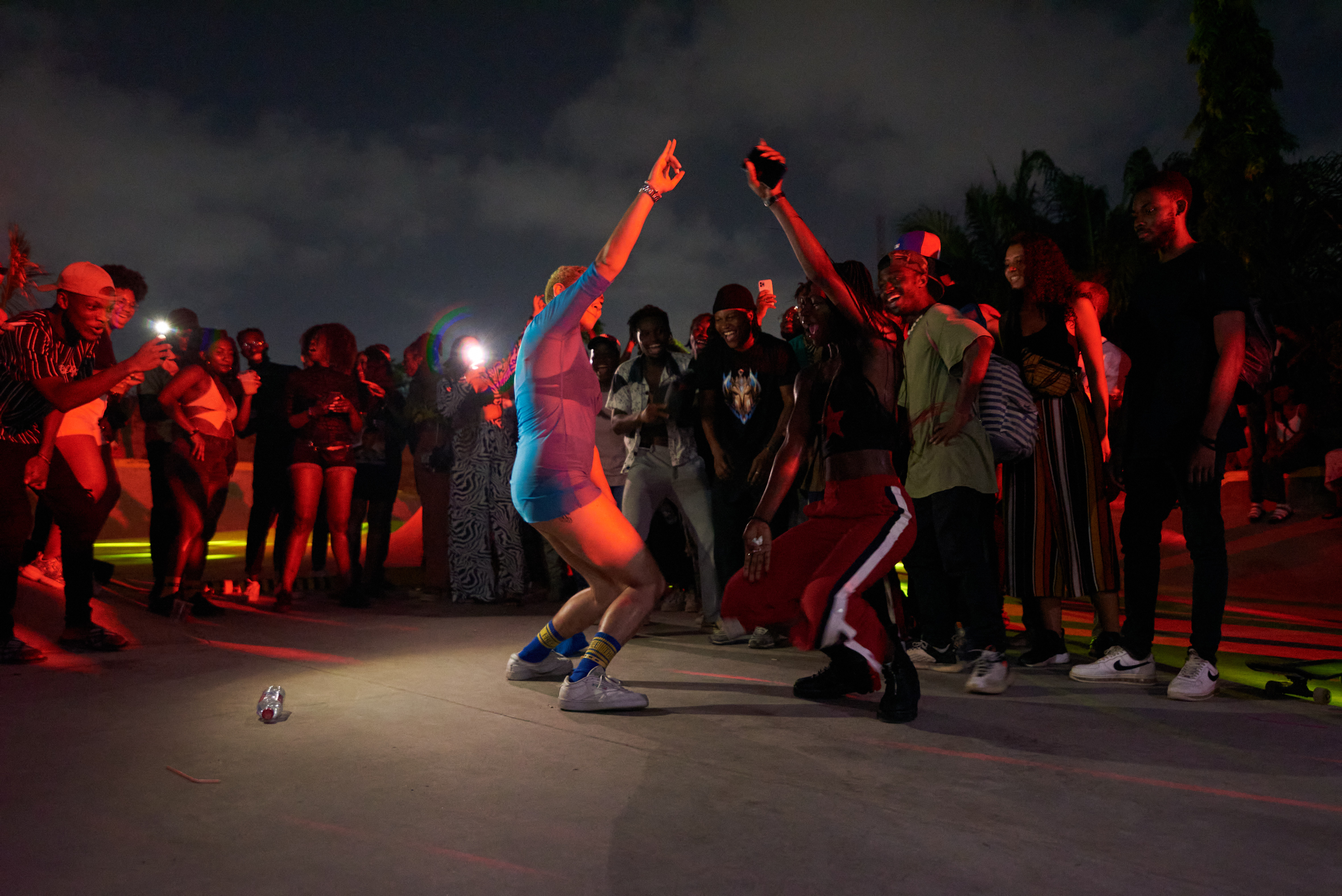
This article is part of the COSMOS series ‘Behind the Scenes’, in which people from across the world discuss their local cultural scenes and their creative processes.
Are you interested in collaborating with COSMOS to share your local cultural scene? Please let us know via cosmos@leguesswho.com.
